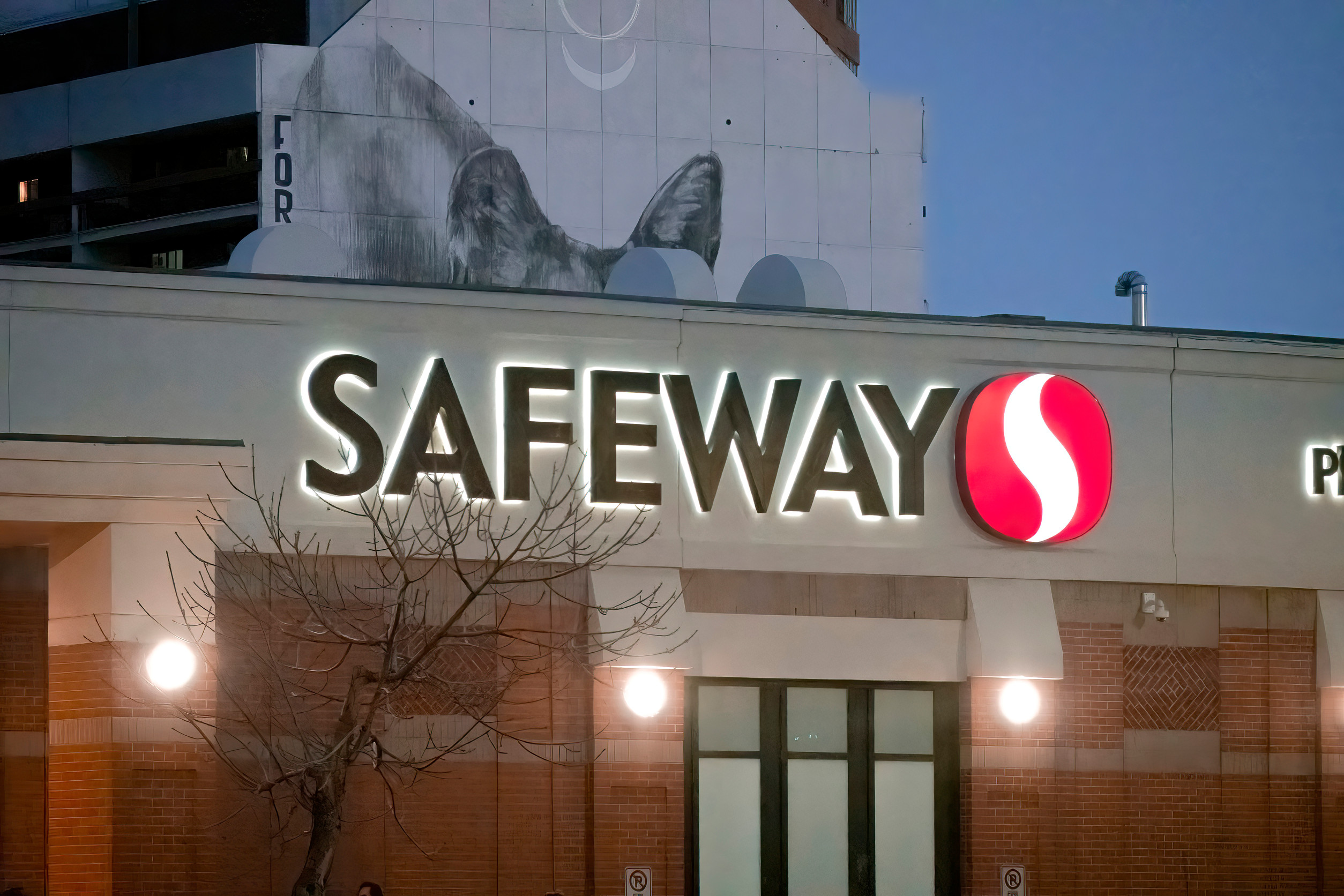We trust grocery stores to feed our families, provide safe products, and treat employees fairly. But even the most beloved supermarket chains have their share of scandals. From pricing schemes to employee walkouts, there’s no shortage of eyebrow-raising moments in the world of retail food. Some controversies blow over quickly, while others leave a lasting impact on public opinion. If you think your favorite grocer is squeaky clean, think again—here are seven times a grocery store controversy made shoppers do a double-take.
1. Whole Foods’ Overpriced Weighing Scandal
Whole Foods built its reputation on organic, high-quality groceries, but in 2015, it landed in hot water for overcharging customers. An investigation by the New York City Department of Consumer Affairs revealed that the store was routinely mislabeling the weight of pre-packaged goods. That meant customers were unknowingly paying more than they should for items like chicken, fruit, and prepared meals. Whole Foods admitted to “mistakes” but denied intentional wrongdoing. Still, the incident sparked widespread skepticism about their pricing practices.
2. Trader Joe’s Under Fire for “Ethnic” Labeling

Image Source: 123rf.com
In 2020, Trader Joe’s found itself in the middle of a branding backlash when customers called out its use of product names like “Trader José” and “Trader Ming’s.” Critics argued that these labels, used for Mexican and Asian-inspired products, were racially insensitive and outdated. A petition went viral, pressuring the company to drop the themed names. Trader Joe’s initially agreed to change them, then later reversed course, stating they didn’t find the branding offensive. The reversal stirred even more debate about accountability in marketing.
3. Kroger’s COVID Hazard Pay Controversy
At the height of the pandemic, Kroger received praise for offering “hero pay” to frontline grocery workers, but that praise didn’t last long. In 2021, when cities like Long Beach passed laws requiring extra pay for essential workers, Kroger responded by closing multiple stores instead of complying. The move was widely viewed as retaliatory and sparked public outrage. Critics accused Kroger of prioritizing profits over people during a health crisis. It was a grocery store controversy that damaged the brand’s image among many loyal shoppers.
4. Publix and Political Donations That Sparked Boycotts
Publix, a Florida-based grocery chain with a loyal following, faced calls for boycotts after revelations about its political donations. In 2018, it came to light that the company had donated heavily to a gubernatorial candidate known for supporting the NRA, just months after the Parkland school shooting. Protesters staged “die-ins” at several locations, demanding that Publix reconsider its political spending. The company eventually suspended all political contributions in response. But for many, the damage to its community-friendly image had already been done.
5. Walmart’s Labor Practices and Lawsuits
Walmart is the biggest grocery seller in the U.S., but it’s no stranger to controversy, especially when it comes to labor issues. Over the years, the company has faced multiple lawsuits over wage theft, poor working conditions, and union suppression. Employees have protested for better pay and benefits, leading to walkouts and national media coverage. While Walmart has made public efforts to improve, many still see it as a symbol of corporate greed. This ongoing grocery store controversy has fueled the push for more ethical retail practices.
6. Amazon Fresh and Privacy Concerns
As Amazon expanded into the grocery space with Amazon Fresh and cashierless stores, concerns quickly grew over data collection and surveillance. Critics argue that the “just walk out” technology, which uses cameras and sensors, poses risks to consumer privacy. There are also questions about how the company handles facial recognition and whether it tracks shopping habits too closely. While some love the convenience, others see it as a digital overreach. For a company already under scrutiny, adding groceries to the mix just raised more eyebrows.
7. Safeway’s Price Club Confusion and Loyalty Program Backlash

Image Source: 123rf.com
Safeway has faced ongoing frustration from shoppers over its dual pricing system. Customers without a loyalty card often find themselves paying significantly more at checkout, and many feel misled. Critics say the system penalizes casual shoppers or tourists and pressures people into sharing personal information. On top of that, price discrepancies between online ads and in-store shelves have sparked complaints. For a company that once prided itself on transparency, it’s become a grocery store controversy that won’t go away.
Behind the Aisles: Why It Pays to Read the Labels (and the Headlines)
Your favorite grocery store may feel like a second home, but even the most trusted brands have skeletons in their walk-in freezers. Whether it’s pricing tricks, branding blunders, or employee mistreatment, these controversies remind us to stay informed about where we shop. Transparency and accountability matter—especially when it comes to feeding our families. So next time you’re pushing your cart down the aisle, remember: it’s not just about what’s on the shelf, but the story behind it.
Have you ever changed where you shop because of a grocery store controversy? Drop your thoughts and personal experiences in the comments below.
Read More


